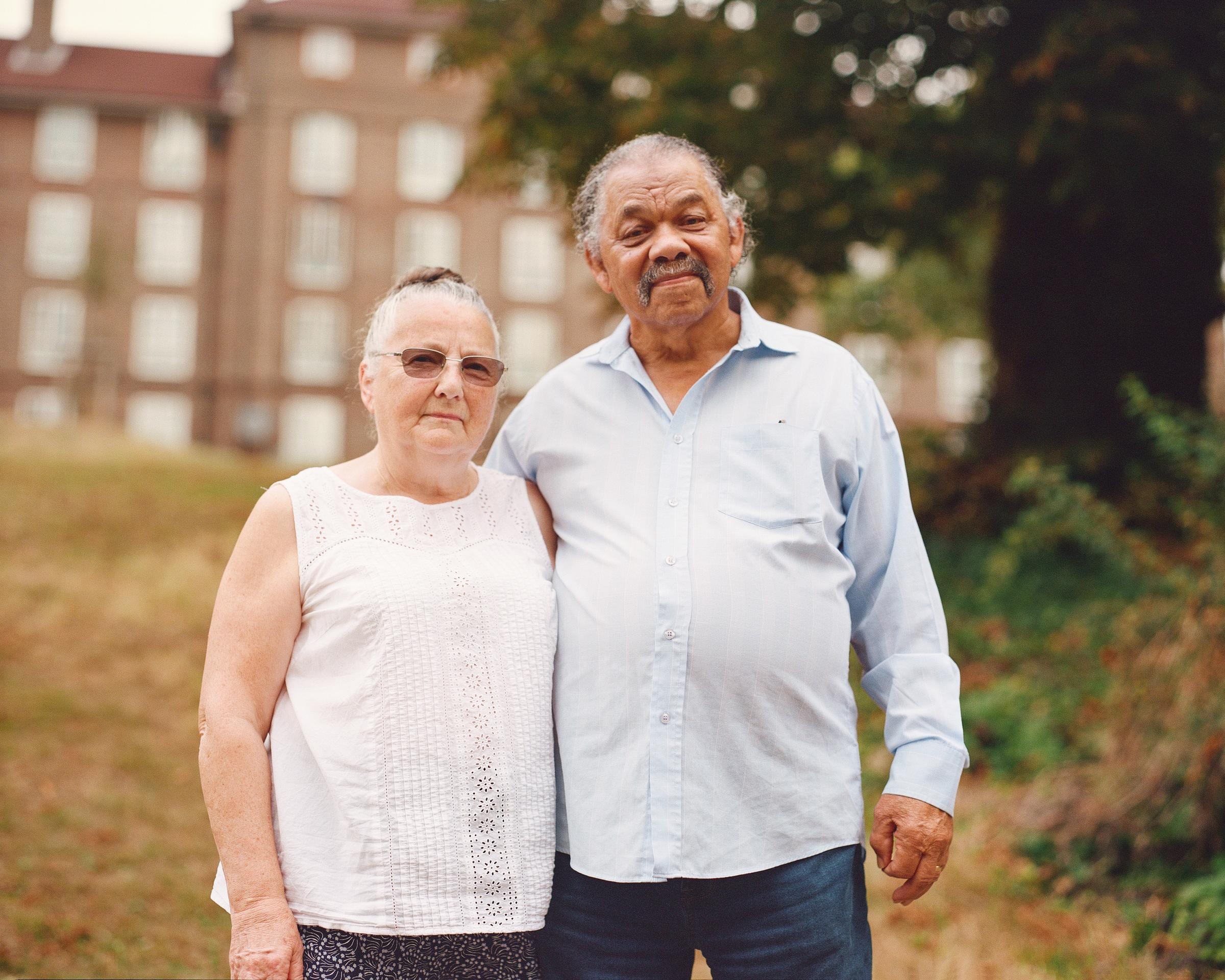What and who is it we don't trust?
Discussion of social evils on a theme of ’distrusting and fearful society’ which looks at relationships between individuals, the state and community.
Discussion of social evils on a theme of ’distrusting and fearful society’ which looks at relationships between individuals, the state and community, and the effects these have on our daily lives that may lead us not to trust
Summary
The JRF’s recent public consultation revealed a strong sense of unease about some of the changes shaping British society. This Viewpoint continues the discussion about modern ‘social evils’ on the theme of ‘distrusting and fearful society’. Shaun Bailey looks at relationships between individuals, the state and community, and the effects these relationships have on our daily lives that may lead us not to trust.
Key points
- There is societal and personal mistrust between individuals and their wider community. This mistrust between different communities and races affects how and why we start to move into our own ‘bunkers’ and exclude those who look and sound different.
- Growing mistrust between adults and young people is apparent. The confusion caused by not giving young people clear boundaries has led many young people to be angry. It is good that young people have all these new ‘rights’, but what’s missing from the conversation is their responsibilities.
- As with female crime, we seem to take greater offence when a crime is performed by children. Now we don’t trust our children on the issue of crime, they don’t trust us and are increasingly taking the law into their own hands; therefore we trust them even less.
- Many people no longer want to work with children because they feel the law treats all adults as a risk.
- There are many conspiracy theories of non-trust, such as gang rivalries. This allows us all not to make any effort with people outside of our friendship group. We all expect people to change to be like us and if they don’t we treat them as untrustworthy.
- There is also a growing mistrust between us and all strangers. We live in what appears to be a violent world and this has a profound effect on trust.
- The learning and teaching of manners is socialisation at the most basic level, because it teaches our children that sometimes you have to give up your wants for somebody else’s needs. The older generation recognise this behaviour and, when they don’t see it from children, it makes them suspicious.
- Because we no longer live in a homogeneous society, individuals no longer know what to expect from other people’s behaviour, which has led to a lot of uncertainty and mistrust.
- With globalisation, poverty and war, people live with more uncertainty now than ever before and this is, naturally, worrying to them.
Downloads

This report is part of the care topic.
Find out more about our work in this area.